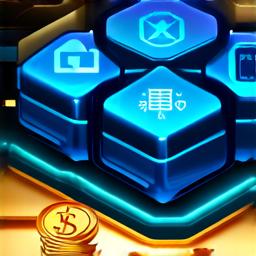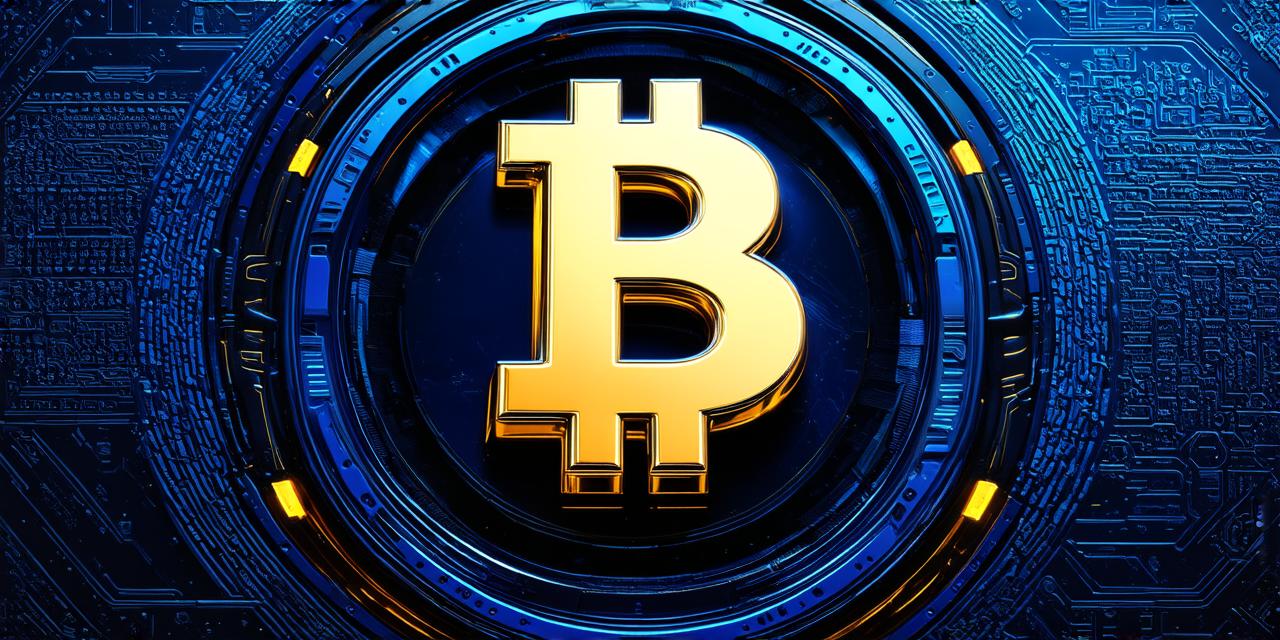Blockchain technology is an innovative and decentralized system that allows for secure and transparent transactions without the need for intermediaries such as banks or other institutions. It is a distributed ledger that records all transactions in a transparent and immutable manner, making it an ideal solution for industries that require secure and transparent data storage and sharing.

What is Blockchain?
Blockchain technology is a distributed ledger system that records all transactions in a transparent and immutable manner. It consists of a chain of blocks that contain information about transactions, which are verified by network participants before being added to the blockchain. Each block contains a unique identifier called a hash, which is used to ensure the integrity of the data stored on the blockchain.
Benefits of Blockchain Technology:
-
Decentralization: The decentralized nature of the blockchain means that there is no central authority controlling the network. Instead, transactions are validated and verified by network participants, ensuring that the system is secure and transparent.
-
Transparency: The blockchain is a distributed ledger that records all transactions in a transparent manner. This means that all participants on the network have access to the same information, ensuring that there is no manipulation of data. The immutable nature of the blockchain means that once data is added to it, it cannot be altered or deleted, making it an ideal solution for industries that require secure and transparent data storage and sharing.
-
Security: The decentralized nature of the blockchain means that there is no central point of failure, ensuring that the system is highly secure. Transactions are verified by network participants before being added to the blockchain, ensuring that fraudulent transactions are detected and rejected. The immutable nature of the blockchain means that once data is added to it, it cannot be altered or deleted, making it an ideal solution for industries that require secure and transparent data storage and sharing.
-
Efficiency: The decentralized nature of the blockchain means that there is no need for intermediaries such as banks or other institutions, reducing transaction costs and increasing efficiency. Transactions can be processed in real-time, eliminating the need for long waiting periods and reducing the risk of errors.
Applications of Blockchain Technology:
-
Finance: Blockchain technology has the potential to revolutionize the finance industry by eliminating the need for intermediaries such as banks and other institutions. Smart contracts can be used to automate financial transactions, reducing transaction costs and increasing efficiency. Blockchain-based payment systems can also be used to facilitate real-time payments across borders, without the need for currency conversion or other complications.
-
Healthcare: Blockchain technology can be used in healthcare to securely store patient data and share it with authorized parties. This can improve patient outcomes by allowing healthcare providers to access accurate and up-to-date information about their patients. Blockchain technology can also be used to track the supply chain of drugs, ensuring that they are safe and effective.
-
Supply Chain: Blockchain technology can be used in supply chain management to securely store and share data about products, ensuring that they are authentic and safe for consumption. This can improve consumer trust and reduce the risk of fraudulent activities such as counterfeiting or tampering.
-
Voting: Blockchain technology has the potential to revolutionize voting by eliminating the need for paper-based systems and providing a secure and transparent way to cast votes. This can improve voter turnout and reduce the risk of fraudulent activities such as vote counting errors or tampering.
Case Studies:
-
Bitcoin: Bitcoin is the most well-known example of blockchain technology. It was created in 2009 as a decentralized currency that could be used for transactions without the need for intermediaries such as banks. Today, Bitcoin has a market capitalization of over $1 trillion and is used by millions of people around the world for transactions.
